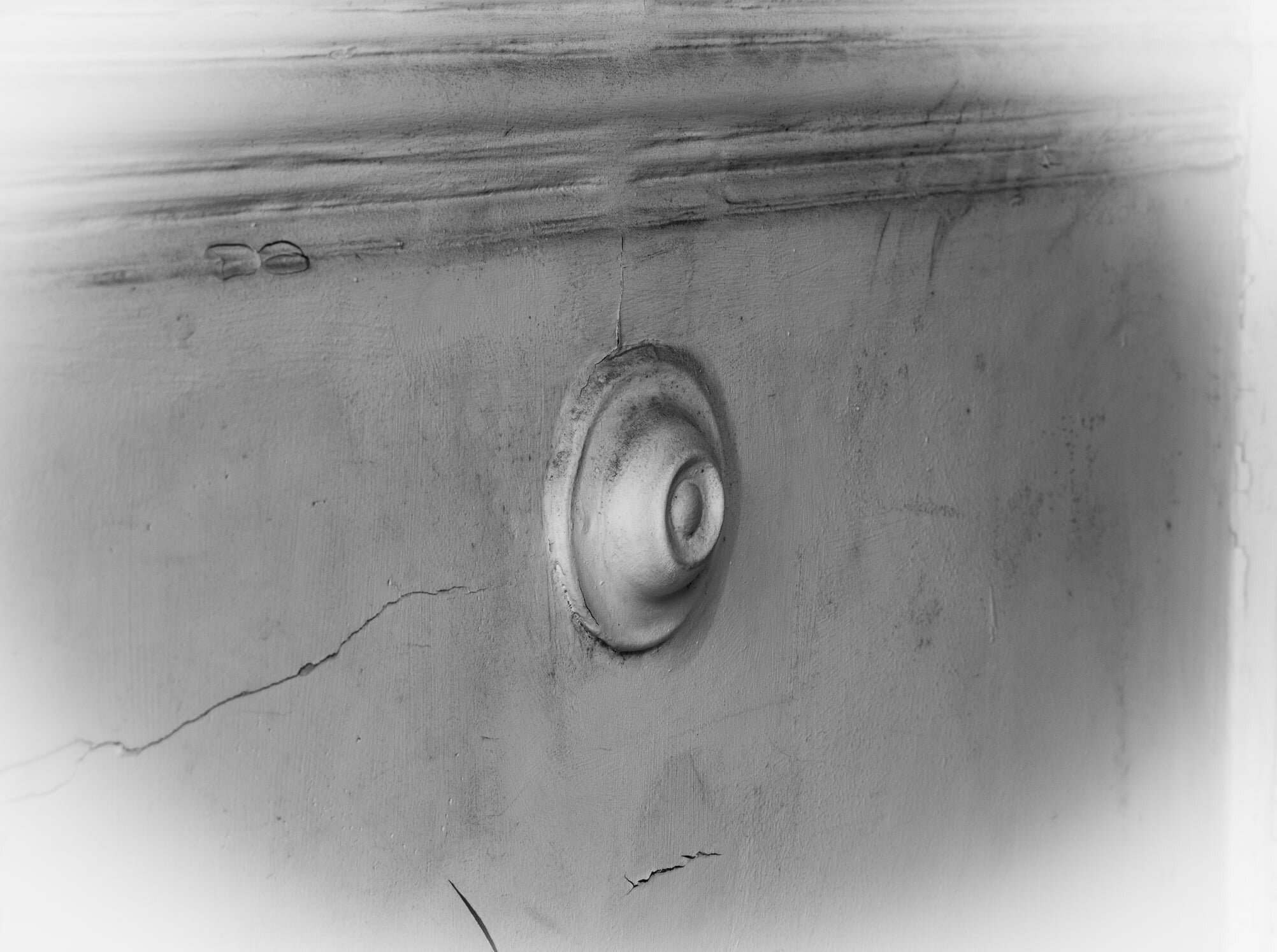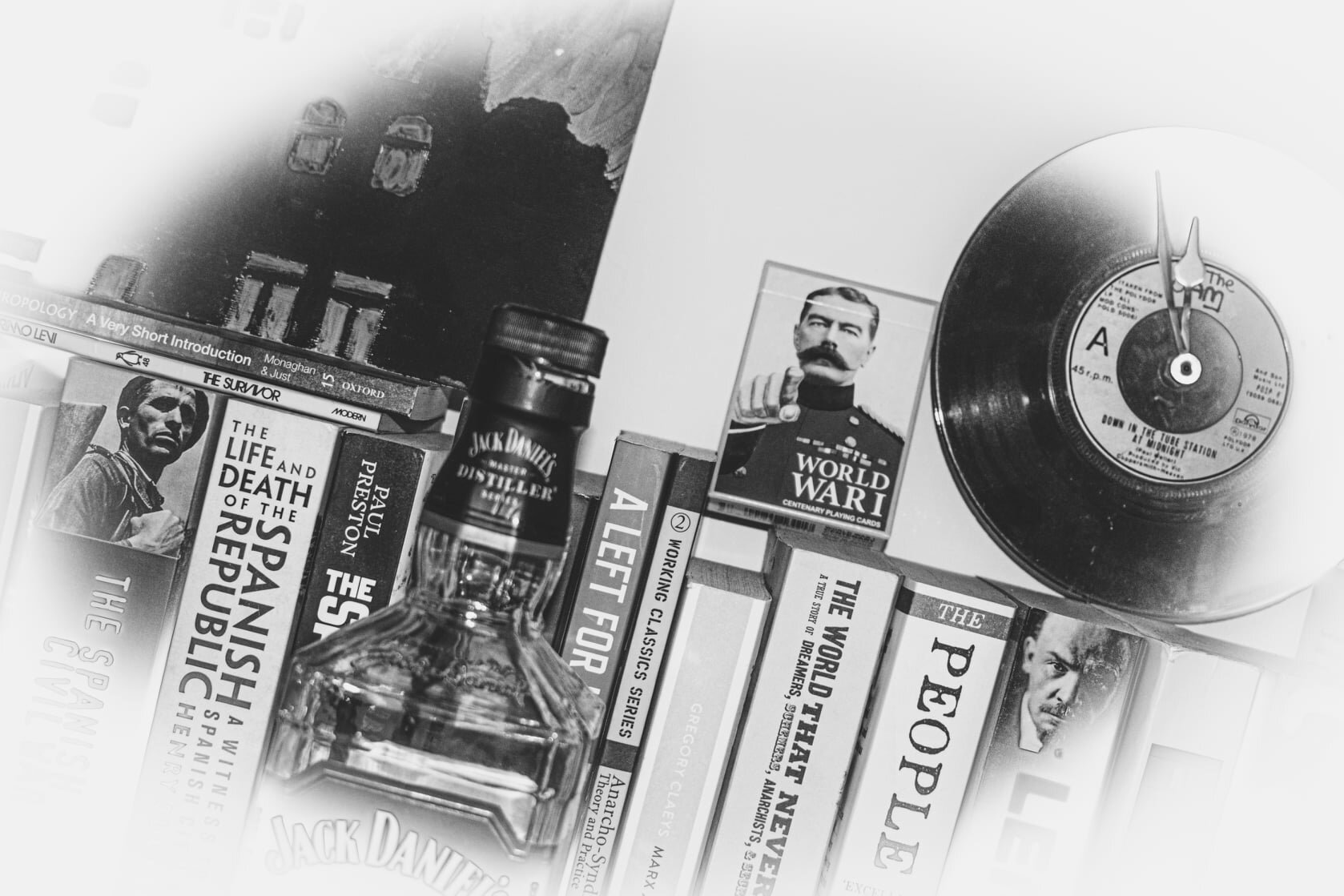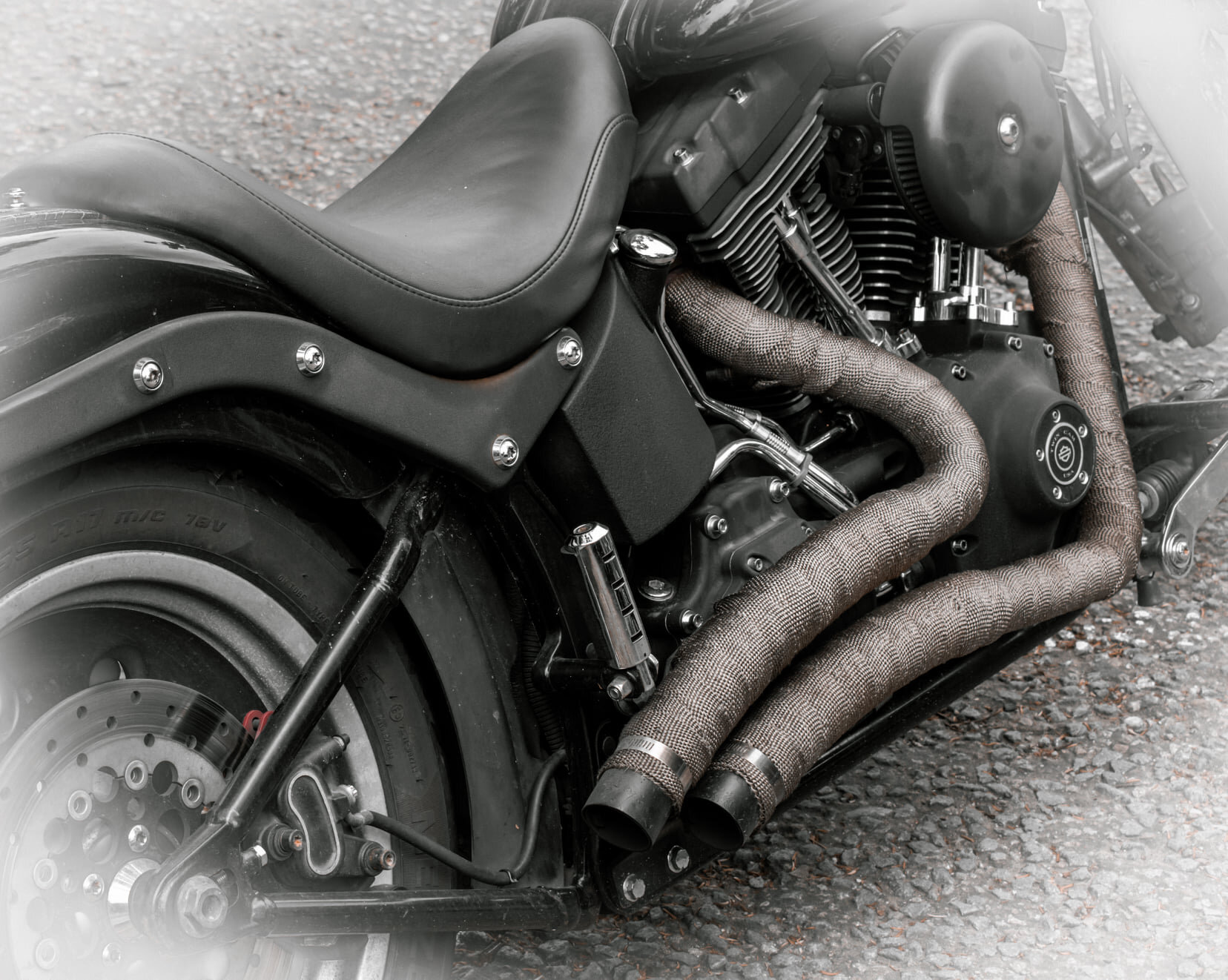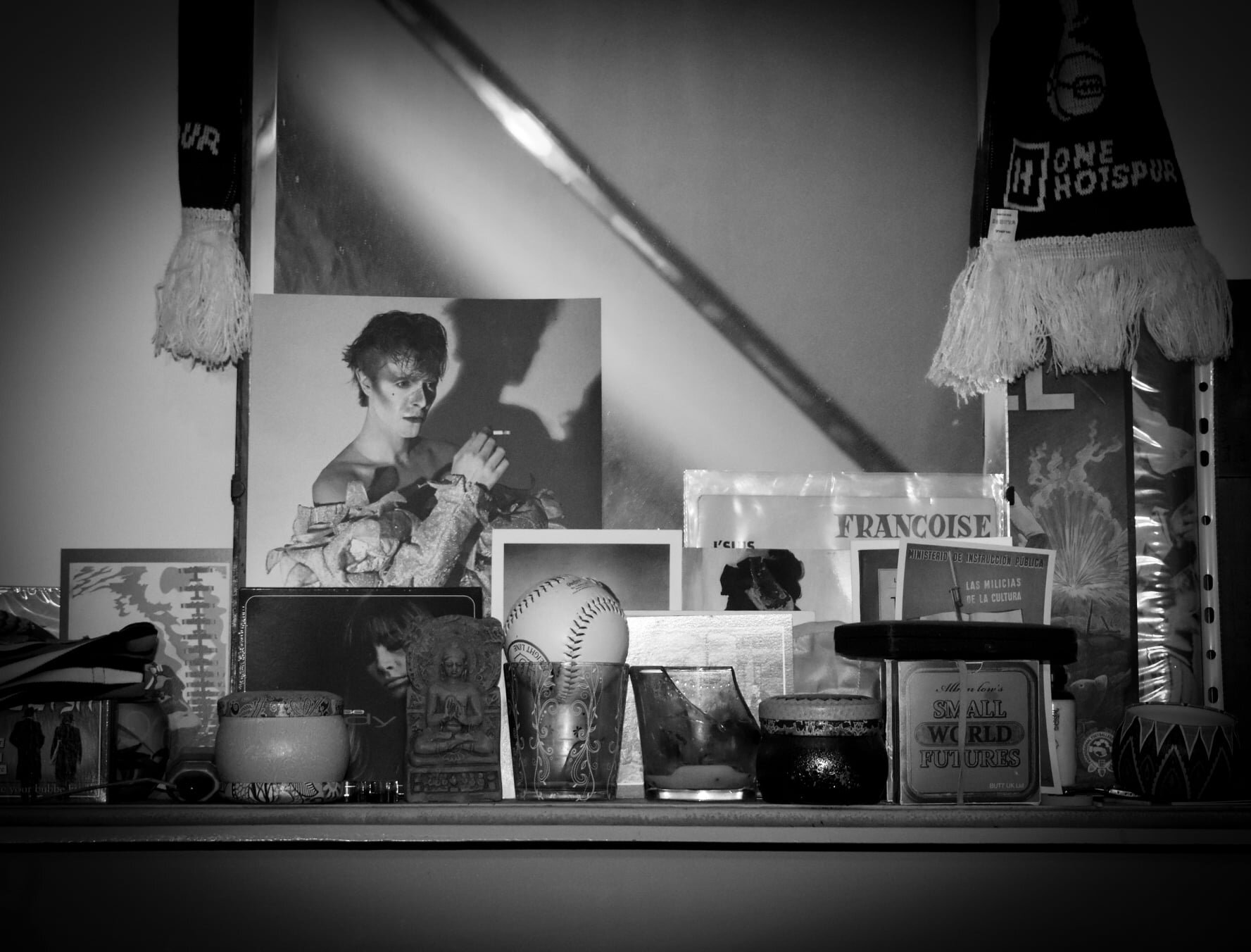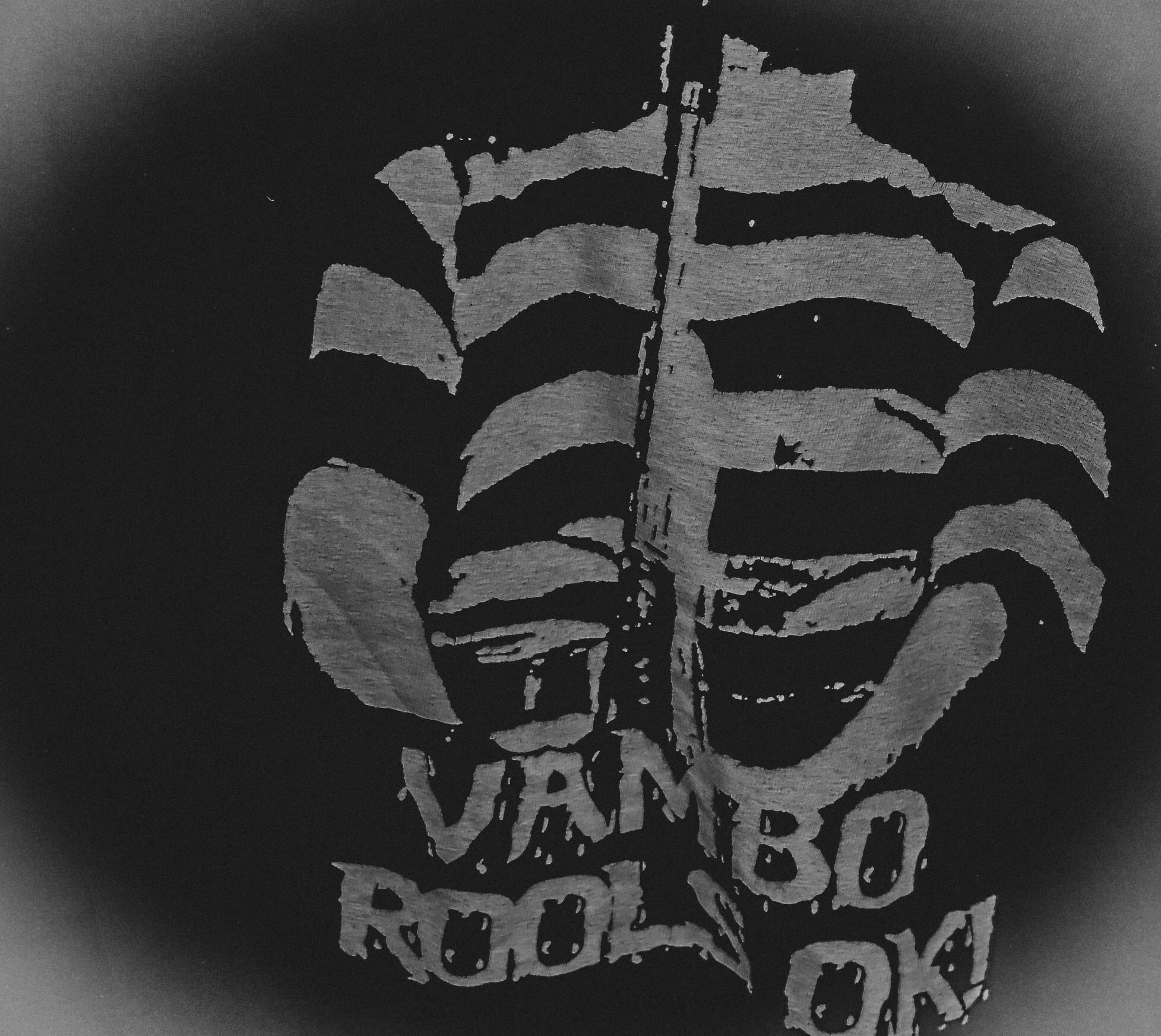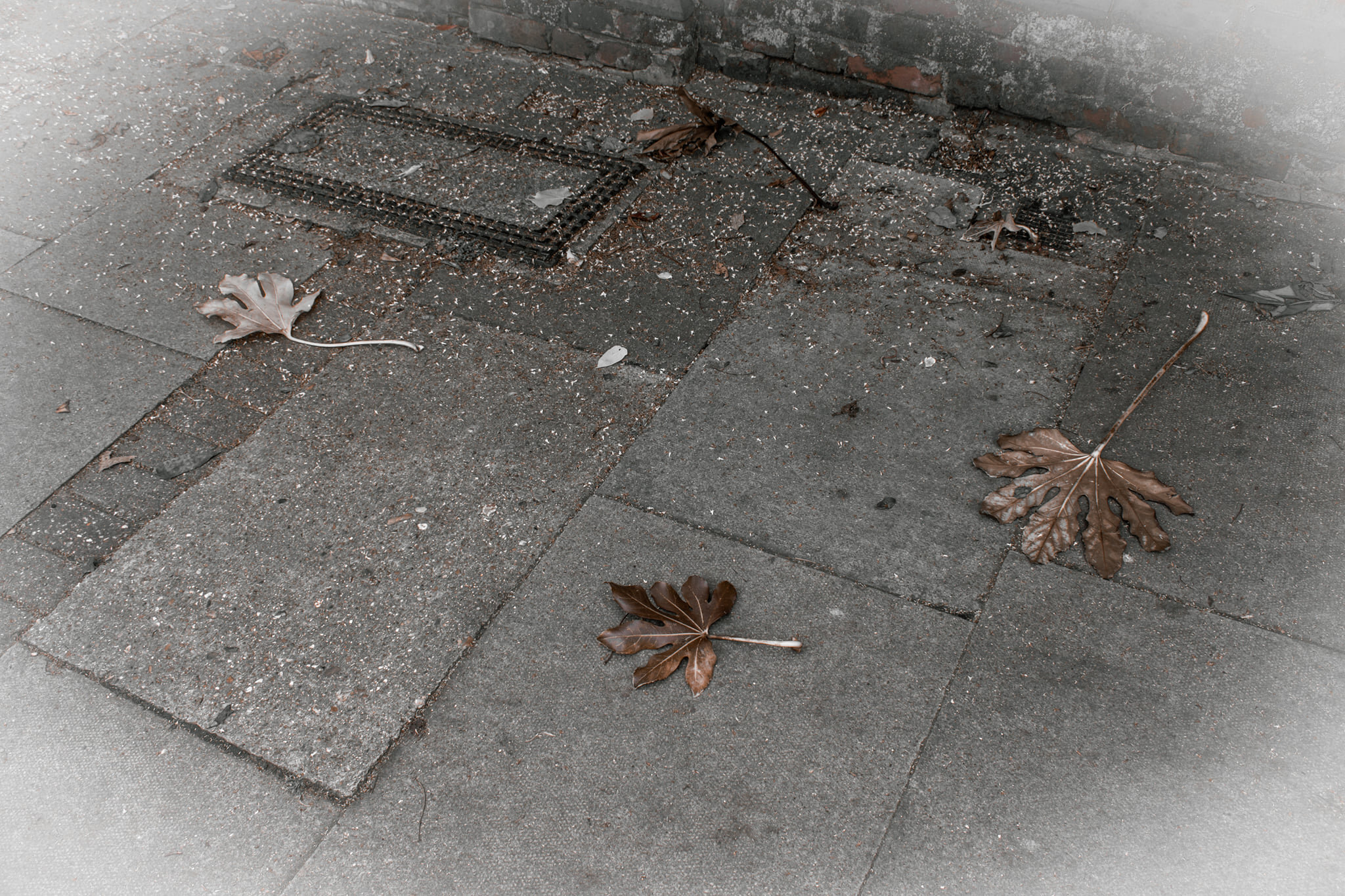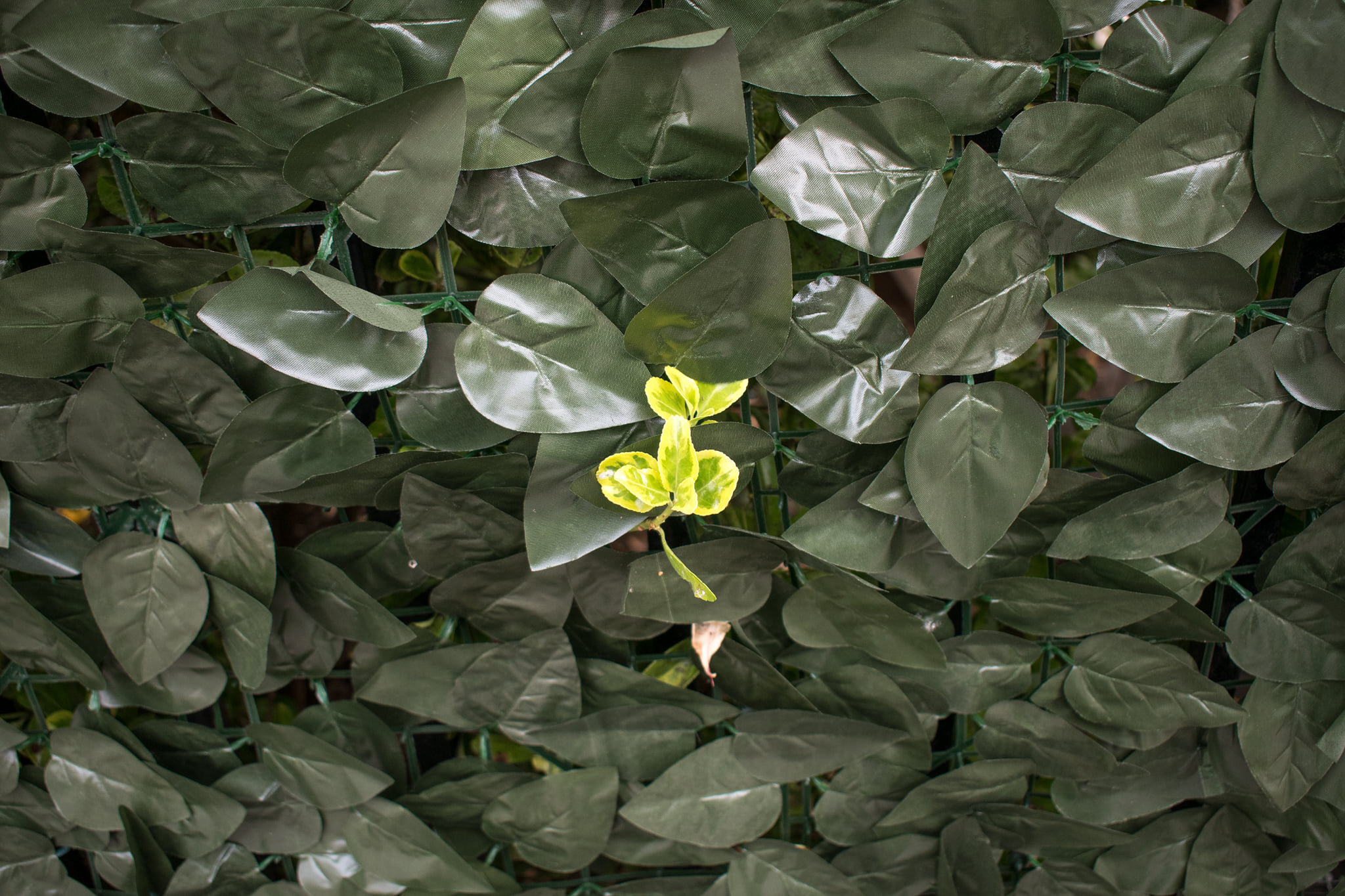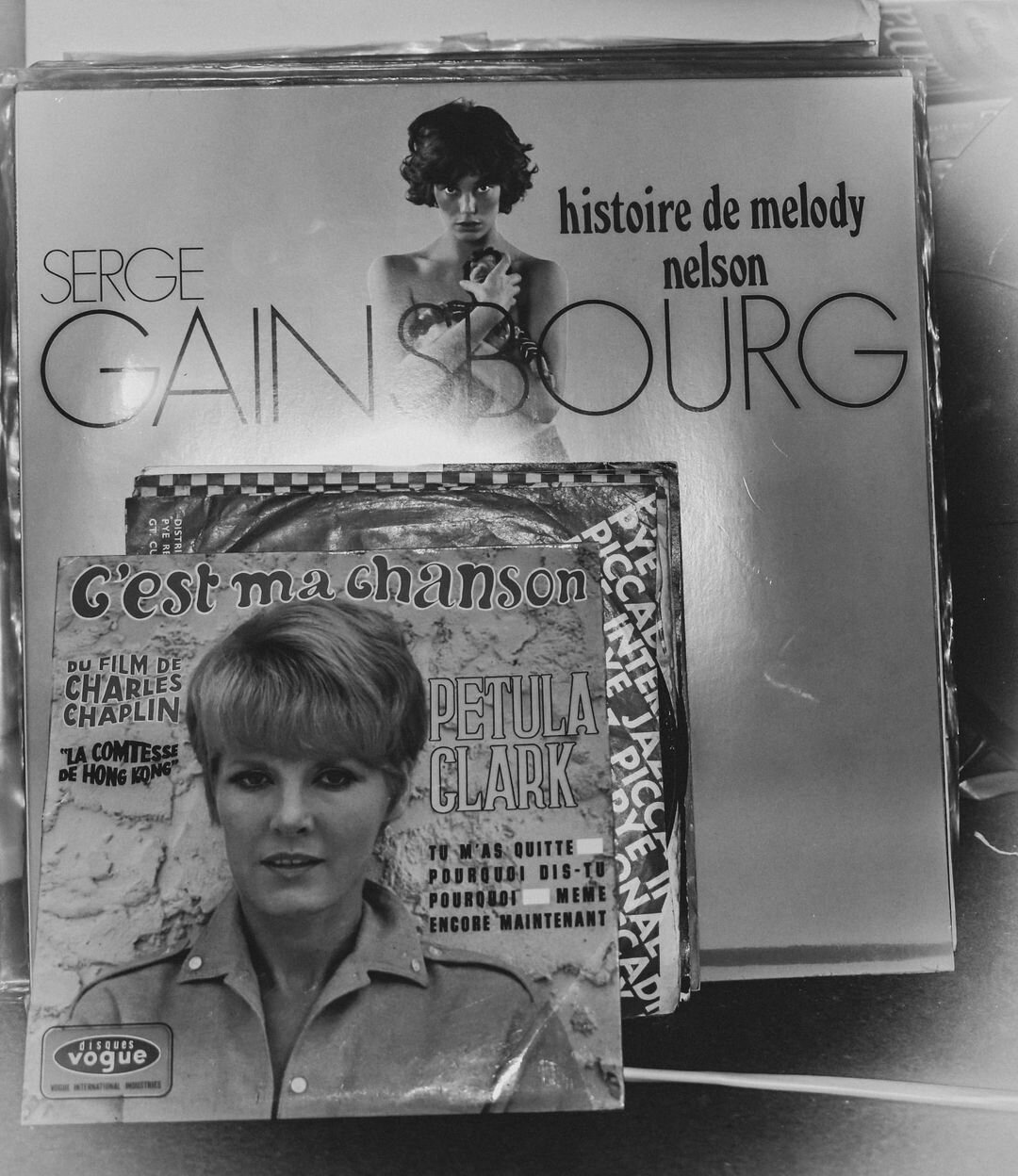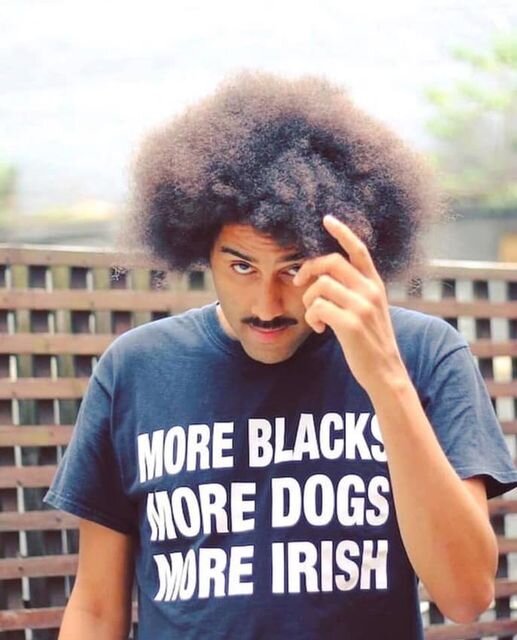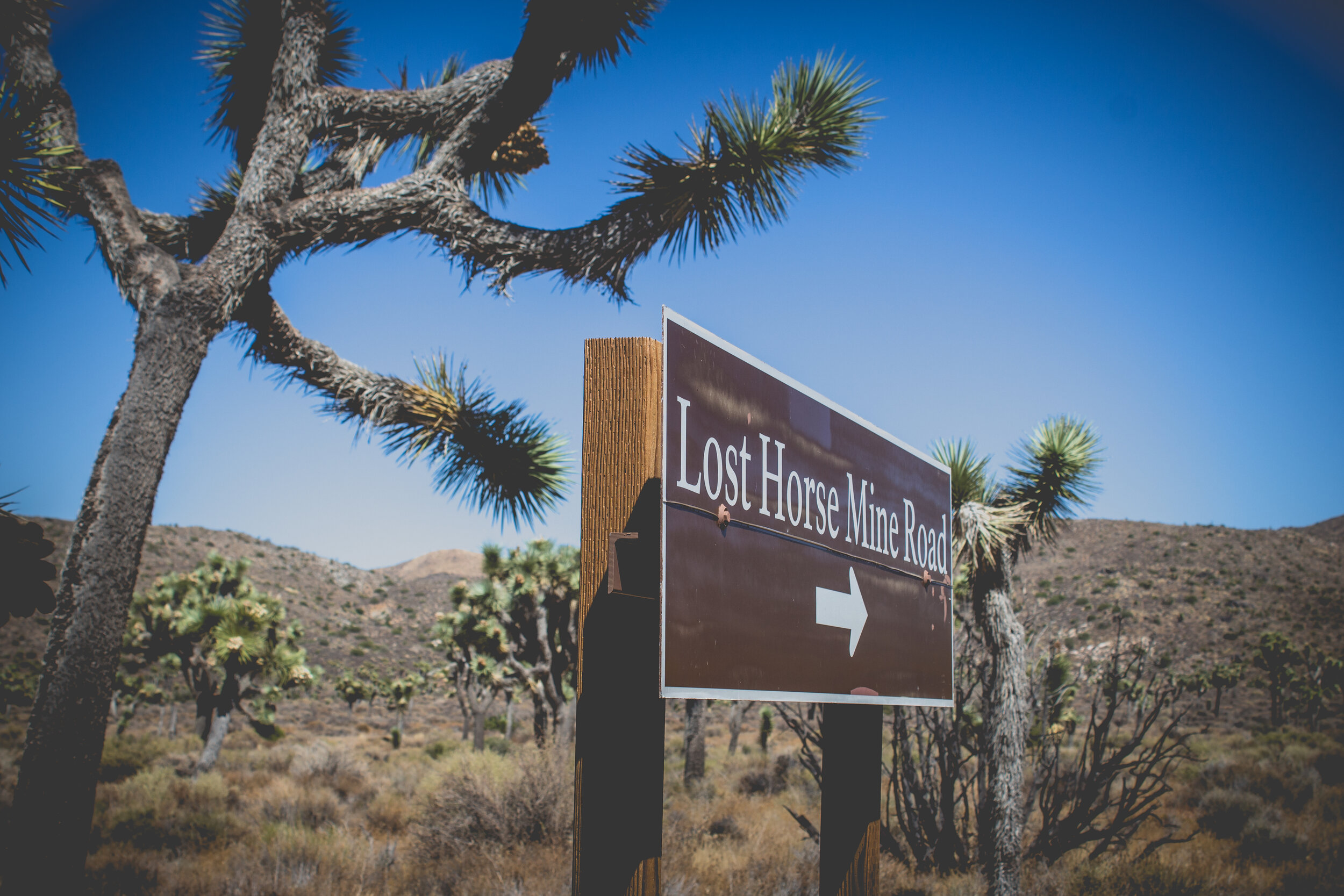The Dark Hour Of Reason
First published in Fish Anthology, 2021
https://www.amazon.co.uk/Anthology-Winners-Publishings-writing-prizes/dp/0995620040
The Dark Hour of Reason
Kevin Acott
Paul and I were in a pub in Southwark a few years ago, one of those lairy, now-gone London places that was tattooed with scruff and fade and curled sandwiches and pork scratchings and spills on the bar that soak your leaning arms: a creaking, brown, rough old boozer clinging hard to its past with a bit of pride and a lot of arthritis. We were talking there, me and Paul, and drinking, and I interrupted him. Nothing unusual about that: scrabbling around excitedly together in the salty, peppery, tumultuous mash of half-ideas and indulgences and gossip and memories and silliness we'd cook-up whenever we met, we would often talk over – trip over – each other. That’s how it was, how it needed to be. All the rubbish I've ever read or taught about respectful, focused listening would be thrown out into the street when we got together, particularly in those hours after the first pint but before the fourth or fifth whiskey. Which was fine: I've never been listened to with so much joy, so much energy as I was with him. I was always excited by our conversations, before, during and after – excited to hear him, and, if I'm honest, excited to hear me. He made me feel so much cleverer than I suspect I've ever felt with anyone else; for the too-short periods we were together, I think I actually was cleverer. His astonishing intellect, his compassion, his pure, wide-open fascination with what I had to say, with what we both had to say – with what we were building – would raise me up: way, way up ...
Anyway, as I said, that afternoon we were talking and drinking as we rested for a while, supposedly en route to the Tate Modern, hiding away for the afternoon/evening/night in that primitive – in our primitive – 2000-year-old settlement. He was saying something and I started to cut across him (I can’t remember what he was saying, or what I wanted to say), and Paul slammed his hand abruptly down on the scratched, rickety table and, eyes bulging, said 'LET ME FINISH!'. I jumped: I was stunned. But he didn’t know or care, he just carried on talking: intense, passionate, full of his urgent, gesticulating, transparent need to tell me it all, to make the cauldron in his head become something cooler and new and real for both of us. I was still trying to make sense of what I was feeling when, about thirty seconds later, a song came on the jukebox (yeah, they still had a jukebox) and he stopped talking, smiled, and we both began, at first a little apologetically, to sing along. It was Madness, ‘Our House’. Something massive swept over me. Something massive is sweeping over me right now. I felt/feel tears threaten. Because ... because this – this place, this time, this tune, these words, this togetherness – was/is ours: solid, flawed, uncertain, proper, longing, harsh, bloody, beautiful, beyond. There was/is an embracing, seductive familiarity to what I was feeling – visceral and disembodied, sweet and sharp – and I want/wanted to hold onto it forever. That day the more-than-just-feeling dissolved, of course, quickly, even before the song finished, but we’d shifted, shifted together. We carried on debating and creating and being and disagreeing, knowing life was better, now, than before. And we never made it to the exhibition.
As that experience fades again, it seems to me that hand-slammed-on table, and its aftermath, were a sudden, momentary glimpse – after forty years of knowing him, one of my very first – into the world of Paul beyond me, into a hard, ruthless place in which he edited the ramblings of angry, grizzled white men and women, received death threats from his colleagues for erasing some of their bigotry and all of their split infinitives from that weekend's paper, and stood up to the tyrant boss who made his life a misery, a boss who he was so, so loyal to, and who was so unexpectedly, paternally, redemptively kind to him right at the end, in a way his own father never had been. And reflecting now on his demand to be heard, and my accompanying hurt and shock – followed so abruptly by shared, tearful, rhythmic joy – I realise the thing I really want to talk to you about is not as simple as it can appear, not as simple as I'm at risk of suggesting it is. So I’ll try to be careful. And I'll try to be honest.
Part of The Thing is a kind of sweetness. Part is sadness. It has to have both, this sort of spiritual lava I want you to help me walk through. It's both whole and partial. It can mimic sentimentality; sentimentality can mimic it. It has to at least embrace – to flirt with, to kiss, even – loss too, it has to show us, has to embody, as Blake said, the fact that 'joy and woe are wove fine.' Yearning, of course: it has to contain yearning, too. And place, a taste at least of place, of the hurts and warmths of home and of exile. Time, obviously, it has also to sit in time, in currents sensed as simultaneously passed, and standing still, and passing. And ... there's something else, something so hard to grasp, let alone explain. It's something celebratory, wordless, elusive, magical, both playful and deadly serious: something deep within all of us I think, something connecting each of us to ourselves and to others, to the past and the future, to a selfless now. It tells us we're free, and tells us there's meaning for us to create.
But it's dark, too, this Thing, it lives alongside all the good stuff, inhabits it, inhibits it, undercuts it, eats and drinks and fights it. It reminds us – it’s brutal – that we came into the world alone and we'll die alone and there's certainly no inherent meaning here. There’s no single word in English for it (and right now I want so much to discuss it with Paul, to find that word: I don’t think we ever talked about it.) Nearly every other language does have a word for it, or for something very similar, which may of course say something about our people. The Portuguese call it 'saudade'. The Finns call it 'kaukokaipuu'. In Amharic, it's 'tizita'. The Welsh say 'hiraeth': a Swansea-born friend of mine relates it to rugby, to pride, to heart and soul and fight and the mines and class struggle and nation and the sense of a culture that they/we tried to destroy. He says it's 'something you can feel but not explain.' But I'm English, so I'm going to try to over-explain it. And appropriate it. First though...
He was tall, Paul, and always (at least in later years) expensively and neatly dressed. I never have been – either tall or expensively-dressed. I wish I could be but I know I never will. Paul could recite Keats, too, and had a favourite work by Schubert. I can't and don't, though I've tried both, more than once, for his sake, if not for mine.
We were from the outskirts, from a scrawny, scratchy suburb on the shadowed edges of the city and Essex and Hertfordshire, but from two very different worlds. He lived up the hill from me (0.8 miles, Google Maps tells me), in what my child-mind still remembers as a dark, Gothic mansion, but in fact wasn't. At least, isn't any more: I went there recently to have a look and it's still frank and a little imposing, but it's bland and light too, beige rather than black, and entirely missing the foreboding it had (for us both) back then. And it's much, much smaller.
We first met when we were eleven, at senior school. We both supported Spurs: there was no alternative. We both loved music (though I never, ever got his love for Procol Harum and he only got mine for Alex Harvey a year or so before he died). We were both a little ... ill-fitting, twisted. I've no idea now how it began – did I have the temerity to ask him? – but soon after we started school, he was striding down that hill every morning, crossing over the invisible, crystal-clear class boundaries as he reached Baker Street, heading – his mind full of self-denigration and casually-arrived-at-but-scarily-wise observations – for our small semi and a lift to school.
(Paul's recollection of 17, Radnor Gardens, Enfield, Middx jarred me once with its slap-face truth, when he told me that, for him, Our House was always grey, and still, and sad.) He'd wait softly there, on our so- seventies black-and-yellow couch, inhaling that tense, awkward quiet, until we were all ready to head to school in the Vauxhall Victor.
For a couple of minutes after Dad (sensibly, speed-limit-adheringly, hands at ten to two) drove us off, we'd each stay a little grey and still and sad until, gradually nudged into colour by our shared, bare, eager energy and Terry Wogan's chatter, we'd start to allow my tight, quiet, kind father to hear a semi-censored version of our thoughts and in-jokes as we rumbled bumpily along past the Hop Poles, up past the police station, through the Town, heading south, south, south towards our half-posh, half-safe oasis in unposh Edmonton, growing into life and light ...
I remember those drives so well: with nostalgia. But not, not really, with saudade. (Yes: I think I want to call The Thing saudade, because ... I don't know, because the way the Portuguese seem to understand it comes closest to my understanding, my experience, my fado.) I don't remember feeling it as a kid, but I recognised it in others: I wonder if maybe you have to grow into it, if maybe it develops as you lose innocence, as you place masks over feeling, as you begin that adolescent process of shedding childhood and climbing awkwardly into what Betjeman called adulthood's 'dark of reason'?
I sat in a history class once and the teacher read out one of Paul's essays, trying to show us thickoes how it should be done. I remember it being incisive, complex, and way, way beyond what I could write. What any of us could write. I remember that day as the day I knew I would never be really clever, and I look back on it now and saudade emerges. There was a pain there, somewhere, I reckon, for each of us: Paul was plagued by his cleverness, by his raw compassion and ability to see things. You could have been different, I think now ¼ I could have been different.
A bit later I was sitting in that same classroom one afternoon, bored, waiting for some reluctant teacher or other to start some reluctant lesson or other, and I overheard the lovely Lucy proudly talking to a couple of her equally-unattainable friends about how 'depressed' she felt, now her 22-year-old boyfriend had dumped her, and how 'If You Leave Me Now' by Chicago was ́’our song’ ́but she couldn't listen to it anymore, it upset her too much. I remember feeling so, so envious because I'd never actually had a girlfriend, let alone someone like Lucy. Paul, if he'd been there, may well have felt empathy for her, but I know, looking back, I just wanted to be feeling her pain, a pain that seemed to have glamour and music and sweetness and time and place in it. Whenever I hear that song now, saudade returns, sniggers at me, then retreats, quickly, to half-hide in the shadows.
It's largely physical, saudade, I think I need to mention that. I've never actually had a 'lump in my throat', nor have I ever noticed the hairs on my arms standing up, or goosebumps, whatever they are. But when it arrives, I feel a swirling in my abdomen and a clench of breath and the light-wet approach of tears and a shudder that moves down from my throat. If I try to stifle it, try to hold it back, the shudder becomes external. My partner knows I'm feeling it when she's sitting next to me, in a cinema say, or watching TV in bed, because I shiver, outwardly. I turn, see it in her eyes then, too.
Sometimes it's saudade In Itself that causes the shiver. Sometimes it's saudade about saudade. And sometimes it's The Remembering Of Saudade. C.S. Lewis used the German term ‘Sehnsucht’ for it. He thought it “the inconsolable longing in the heart for we know not what,” “that unnameable something, desire for which pierces us like a rapier." And he's right, partly: there's a sudden, exquisite stab/choke in the heart and the soul, then a sense we're about to be reunited with ourselves, with all the others. It's a little bit nostalgia and port and Christmas. It sits in the hearts of Sufism, Zen, Quakerism, the Kabbalah. It's the Buddha, that of God within. It's my daughter loving 'Stay Free' by The Clash for the same reasons I do - and it's the sweet, fond London-loss within that song. It's falling in love with Jan Morris' 'Trieste And The Meaning Of Nowhere' and then finding myself the only customer in a German-speaking bar in the city, being given free sausage by the barman and a peculiar blue liqueur. It's driving around the Ring of Kerry listening to the Saw Doctors doing 'Hay Wrap' and the little boy – who would die too young from a hateful, rare cancer – singing along with it in the back of my car; it's the shopkeepers closing the shutters and doors of their shops as his funeral cortege passed through the town en route to the cathedral. It's the chimes at the end of ‘Same Oul' Town', sounds of want and memory which remind me of the Famine burial grounds at Abbeystrewry. It's people standing up as 'Amhrán na bhFiann' is played at the end of a session in the Skibbereen Eagle; it's forgetting every single time for about ten years to stand up myself and show respect. It's memories of my Dad taking me to White Hart Lane and our shared, close joy at a Chivers goal and thrilled terror at the fighting on the pitch. It's poetry, sometimes: it's Eliot's 'Four Quartets', despite/because of never quite understanding it; it's Heaney, always. It's 'Eternal Sunshine Of The Spotless Mind' and whoever you imagine erasing from your memory, and it’s watching '2001: A Space Odyssey' with my Dad and him telling me he didn’t get it and me thinking, "I'm glad, I didn't either". It's the sound of Sister Sledge and the taste of Mackeson’s and the smell of over-cooked sausages at that Wellington Road barbecue; it's watching Tony Hadley sing 'True' to an empty Deep South bar as part of some 'They Used To Be Young And Famous In The Eighties' reality show; it's the silly-sweet taste of Coole Swan and cheap chocolates, the mating-call ringing of New Jersey cicadas and the clamour of the Greensboro railroad at dusk and the couple singing 'Heroes' next door in Limoux and the suddenly-stilled chatter of the barbershop in Green Lanes and that giggling night in the Clown Room at Hornsey Town Hall and the soft murmur of the North Circular traffic one summer-stoop, doo-wop morning-after and the gospel choir in Dalston and the pissed laughter of the pool party up at Middlesex Poly and its oh-so-inevitable consequences ...
It’s love. It's helping my mate Adam compile a Spotify playlist of London songs for his daughter, about to leave her home for University in the frozen wastelands of the North. It’s 'No Woman No Cry' and 'Caledonia', 'Ride On', and 'These Boots Are Made For Walking'. It's Sam Cooke. It’s Aretha. It’s ‘Dry Your Eyes’. It's 'Independence Day' and 'Jersey Girl' and 'Shipbuilding’ and 'Just My Imagination'. It's Emmylou. It's America. It's music beyond music. It has melody and harmony, layers and textures, lifts and swirls and spins. It flows and wraps and pricks and hugs and kisses and smooths. And it can be edged and softly discordant, full of hope and dread. It's the Taj Mahal, that Autumn evening. It's the pier at Deal, that clean Spring morning. It's Be-Bop Deluxe's 'Adventures in a Yorkshire Landscape', the first time I heard it. It’s Hibs fans singing 'Sunshine On Leith’ (KT Tunstall once referred to The Proclaimers' stuff - to their saudade - as ‘anthemic crying’). It's telling Paul about the first and only glass of Chablis Grand Cru I’d had in Paris, and the patience and skill of the waiter preparing the fish. It's watching Billy Bragg doing an impromptu gig outside the Royal Festival Hall and Paul jokingly urging me not to reveal he'd been singing along to 'Power In The Union'. It's cracking open a bottle of Redbreast when Portillo lost his Enfield constituency in ‘97; it's the unspoken, certain knowledge, even then, that Blair would betray us. It's the feeling of freedom when writing my will a few months ago, and the thunder and wind of horses pounding like angry Gods past us in Dingle one Summer. It's the statue of the Virgin Mary swaying in Ballinspittle, and the Gardai chasing us out of the pub with batons drawn afterwards. It's 'Mayn Shvester Khaye' and stories of the camps, it's my daughter wondering if we were Jewish, it's spending an early, early morning in the Church of The Holy Sepulchre, it's a young girl celebrating her Bat Mitzvah and the little girl she was twinned with who didn't live to celebrate hers. It's reading George Herbert's 'Love III' at Paul’s request at his funeral and his (absurd?) insistence that it's a sexual poem; it's talking about cheese-chasing and Englishness with my exiled daughter.
Art can conjure saudade too: the Caravaggio I saw with my other daughter in Valetta; a stared-at-in-awe Bacon triptych in Dallas; the first time I saw ‘The Fighting Temeraire’ at the National, just after my Dad died, thinking back to my grandparents' place and the cheap Woolworth's print of it in their sitting-room. It’s watching Peter Howson's frustrated obliteration of his first painting of John Ogilvie. And it’s standing in the beautiful, sunshined stillness of Waco and the discovery that twenty-four British people died in the massacre there.
There may be a kind of pure saudade and a more complex, impure saudade, though it's hard to tell which is which. I do know it’s Gareth Bale storming down the wing with the ball and leaving John Terry floundering on the ground, and it's the communal noise in the Turkish restaurant on the High Road before the match with Arsenal that same week. It's rain and mist and more: I read once about a Greenland shark that had lived for “392 ± 120 years” and was, consequently, born between 1504 and 1744. Learning that ignited a flame of saudade, at least as I read it, flying silent over the Disko Bay, wondering if I was doing the right thing being there, looking down at the blue-white magnificence of Greenland.
Saudade is time, as I said, and it’s place. Rachel Menken, in 'Mad Men', talking about Israel (everything, in the end, comes back to ‘Mad Men’): "I'll visit, but I don't have to live there. It just has to be. For me, it's more of an idea than a place." To which Don Draper asks, "Utopia?" And Rachel replies, "Maybe. They taught us at Barnard about that word, utopia. The Greeks had two meanings for it: eutopos meaning 'the good place' and outopos, meaning 'the place that cannot be'."
Is each place worth fighting for? Paul regularly pointed out that we were born only seventeen years after the end of the war, that some of our teachers had seen active service, that our parents had been evacuees. War haunts us, is bound up with our saudade; the older I get, the more thoughts of my grandfather lying about his age to get into the army intrude, as does his brief, fiery, post-war desire to topple the class that had sent so many of his mates to their death. Saudade is about touching a good place, and a place that cannot be. But death - disinterested, random death - is always there, in both.
A friend of ours from school was murdered, soon after we left. I wrote something years later, the conceit of which was that it was a posthumous typed letter from our friend to us. It tried to honour him, and it also expressed disappointment in what we - in particular what I - had done with my life since. Paul told me he liked it but he hated its tone of self-deprecation, my virtuous sense of failure. I wonder now if he struggled with it so much because he saw that, in part, my self-deprecation was cosmetic, quasi-saudade. And he knew what self-hate was really like.
Saudade touches everything. He told me once he thought we each wanted the same thing politically, we just had very different ways to achieve it. And in the packed, noisy pub straight after his funeral, someone – of course it couldn’t have been him, but in the tired, three- pints-and-a-few-JDs haze it looked and sounded for a moment so like him – someone leaned in and whispered to me, whispered with conspiratorial eyes darting around, that if there was a bomb here, now, then the cause of right-wing Britain – by which this man meant Brexit and the revenge of angry, betrayed white people, the hurt resistance to the bafflement of change, the reclaiming of the right to find homosexuality and equality and multiculturalism alien and threatening to all that is good and proper in the world would be set back fifty years. Which was true, I replied, if that wasn't actually what they would have loved, this lot: to be blown back fifty years, I mean. I'd have repeated that later, if I could have done, to Paul and he would have winced at my unkindness to people so important to him, and at the laziness of the joke. And he'd have been right in his wincing, not least because I think deep within Trumpism and Brexit lies saudade - and liberals don't understand that. And it’s not only on the right: if it's true that conservatives long for Eden and progressives for Utopia, then acknowledging saudade, integral to both, could, perhaps (he says, naively) be part of bridging our desperate chasms.
I'm digressing. I still, foolishly, feel a need to pin saudade down, despite the fact it can disappear, morph abruptly into something else. I remember being elevated by Alex Harvey's version of 'Tomorrow Belongs To Me' ... until I saw it being sung by the Nazi in 'Cabaret'. And I used to love Mott The Hoople's 'Saturday Gigs', a comic, honest reminiscence that had burned itself into my heart before I was old enough to understand why. It was mine, always had been, that song – no-one I knew had even heard of it. And then the band did it as an encore at one of their many absolutely-final-this-time gigs, and every single person in the place was singing along with it and I felt I'd lost it, somehow; no more mine, no more saudade. It comes and goes: that's the point of it, in a way. Saudade walks the tightrope between life and death and back again, a tightrope frequently oiled with alcohol.
I miss Paul. I still want to be Paul when I grow up. I wish so much I'd been able to do more to bring him back from his exiles. The child in me feels it's my fault, that I somehow LET HIM FINISH! when I shouldn't have done. But I think – maybe – writing this has helped me understand him, and me, and saudade a little bit more, even if I haven't really done any of us justice in the process. I’m worried – the only person I know who’s worried more than me about this kind of thing was Paul – I’m worried I've lurched into sentimentality, and I'm wondering what he'd have to say about that. But I still hope that, perhaps, something I've said here has given you a glimpse of, taste of, breath of your own saudade, and of your own Paul. And if it hasn't, you could, if you want, try reading it all again, this time with whiskey. And, this time, while listening to Madness.

